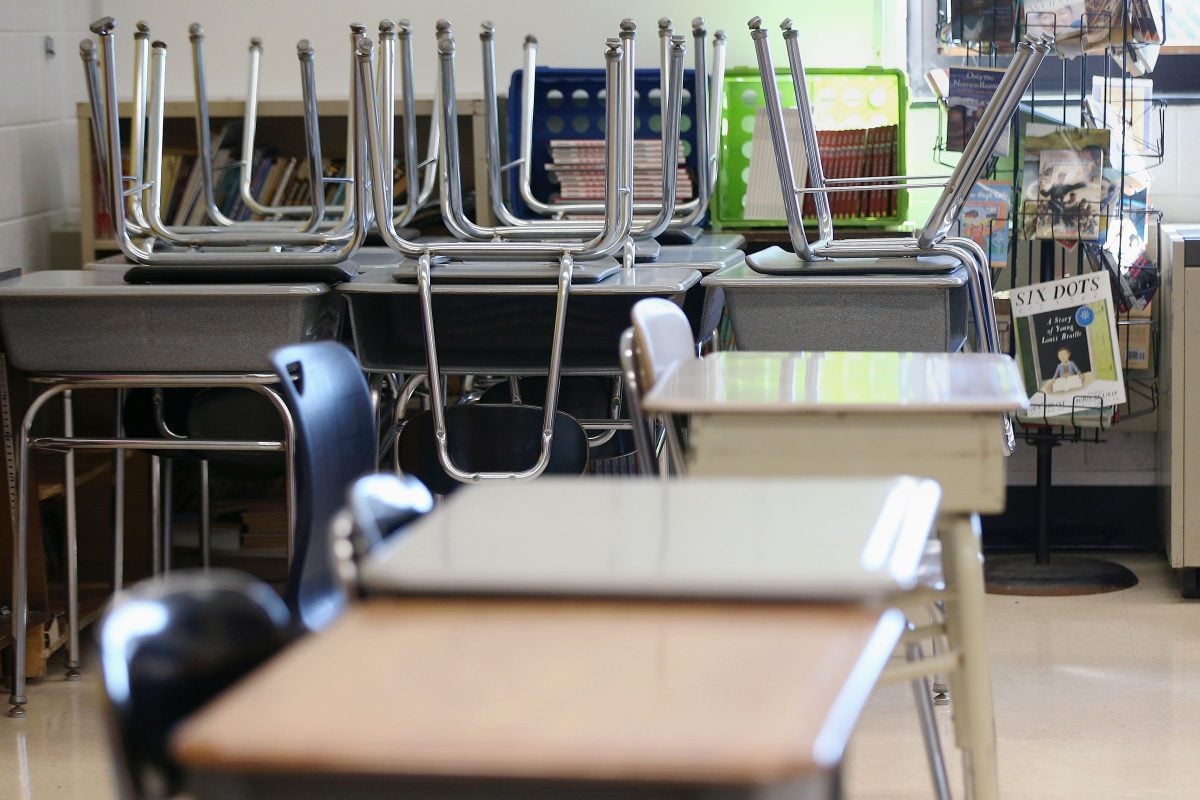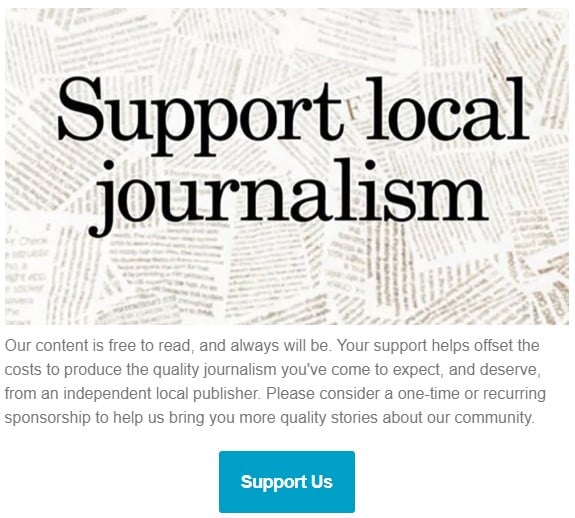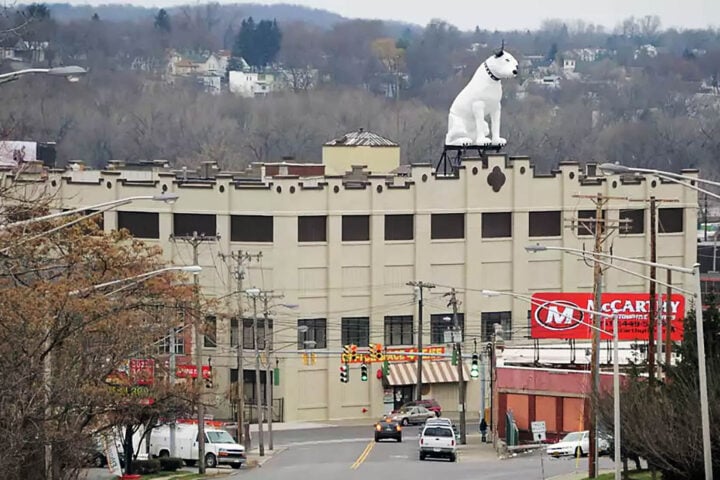By: Art Levinowitz, Ph.D., President of the Pennsylvania School Boards Association (PSBA)
Just last month, the Pennsylvania School Boards Association (PSBA) announced that more than 400 school districts have passed a charter school reform resolution calling for changes to the 24-year-old charter school law.
With more than 80% of Pennsylvania’s 500 public school districts collectively calling for change through the adoption of a formal resolution, we’ve reached a significant tipping point. Locally elected school leaders across Pennsylvania are calling upon the General Assembly to enact substantial charter school reform now.
The current charter school funding formula, which was established in 1997 under the state’s Charter School Law, has not been changed since it was first created. School districts are required to send tuition payments to charter schools for each district student who enrolls, and because those tuition payments are based on the school district’s expenses, they create wide discrepancies in the amount of tuition paid by different districts for the same charter school education and result in drastic overpayments to charter schools. These discrepancies in tuition rates can vary by almost $13,000 for regular education students and by $35,000 for special education students.
In the most recent State of Education survey conducted by PSBA, mandatory charter tuition payments were overwhelmingly rated as the top budget pressure facing school districts. While not the largest expenditure a school district faces, the flaws in the way charter schools are funded has caused rapid and outrageous growth in charter school costs compared to the growth in charter school enrollment. To illustrate this point, school district tuition payments to charter schools are up 253% over 12 years and are now nearly $2.2 billion. In that same time, charter school enrollments have only grown 118%. Currently, more than six and a half cents of every dollar that school districts spent in 2019-20 went to charter tuition payments, which is more than double what it was 10 years earlier!
We know that school districts are overpaying charter schools, especially when it relates to tuition for special education students and for students attending cyber charter schools. Yet, Senate Bill 1, which was recently approved by the state Senate, disappointingly fails to address either of these significant flaws in the charter school funding scheme, while simultaneously allowing charter school expansion without any local oversight.
The issue is no longer up for debate. Charter funding reform must happen for school districts to avoid further cuts to student programing and to lessen the need for future property tax increases to pay for this uncontrollable state mandate. The school leaders who are collectively calling for charter funding reform will continue to speak out about the impacts on their students and communities and will continue advocating for real charter reform that addresses charter school funding.
Everyone can play an important role in bringing meaningful charter reform to Pennsylvania. Taxpayers, join your fellow school leaders and advocate. First and foremost—educate yourselves. Visit the PA Charter Change website and read what this resolution entails. And to Pennsylvania’s General Assembly, hear this message loud and clear. The vast majority of school districts in the Commonwealth are pleading for one straightforward and long-overdue action. Take a critical look at current charter funding law and apply common sense reforms, which would update what has been referred to as “the worst charter school law in the United States.”
 Art Levinowitz has been involved in education for his entire professional life. He was a teacher for eight years, employed as an administrator for more than 25 years for the New Jersey State Department of Education, and has served on Upper Dublin School Board for 21 years, including five as president. For the past 11 years, he also has served as the president of the joint operating committee of the Eastern Center for the Arts and Technology. He has experience serving PSBA as both the president-elect and vice president. He also served as the Section 8 advisor. He currently serves on the PSBA Finance Committee and as a director for the Pennsylvania Public Education Foundation.
Art Levinowitz has been involved in education for his entire professional life. He was a teacher for eight years, employed as an administrator for more than 25 years for the New Jersey State Department of Education, and has served on Upper Dublin School Board for 21 years, including five as president. For the past 11 years, he also has served as the president of the joint operating committee of the Eastern Center for the Arts and Technology. He has experience serving PSBA as both the president-elect and vice president. He also served as the Section 8 advisor. He currently serves on the PSBA Finance Committee and as a director for the Pennsylvania Public Education Foundation.































